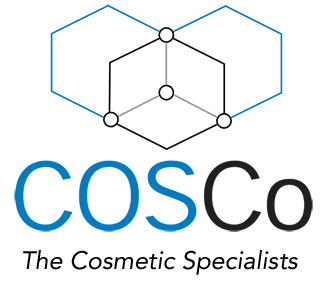Eye creams are specially formulated skincare products designed for the sensitive skin around the eyes. They target concerns such as fine lines, dark circles, dryness, and puffiness. Anti-aging eye creams often contain ingredients like retinol and peptides to reduce wrinkles, while brightening creams use vitamin C or kojic acid to diminish dark circles. Hydrating creams with ingredients like hyaluronic acid and ceramides provide moisture, and de-puffing creams with caffeine or green tea help reduce swelling. Regular use of these creams can help smooth fine lines, even skin tone, minimize puffiness, and improve makeup application. It’s recommended to apply a small amount gently around the eye area in the morning and evening, avoiding tugging to prevent irritation.
How big is the eye cream market?
Eye Cream market size was valued at $4.77 billion in 2022 and is expected to reach USD 7.65 billion in 2030, growing at a CAGR of 6.08% from 2023 to 2030.
How to find the best private label & contract manufacturers for eye cream?
When starting your search for the ideal private label and contract manufacturers for eye cream, it’s important to identify companies that specialize in skincare production. Check their product offerings, including different formulations such as anti-aging, brightening, hydrating, or de-puffing creams, and ensure they offer customization options for ingredients, packaging, and branding. Verify their adherence to quality control standards and certifications to ensure their products meet safety and efficacy guidelines. Understand their minimum order quantities (MOQs) and pricing structures, particularly if you’re a smaller brand. Request samples to evaluate the product quality, and gauge their communication and customer support to ensure a reliable partnership.

